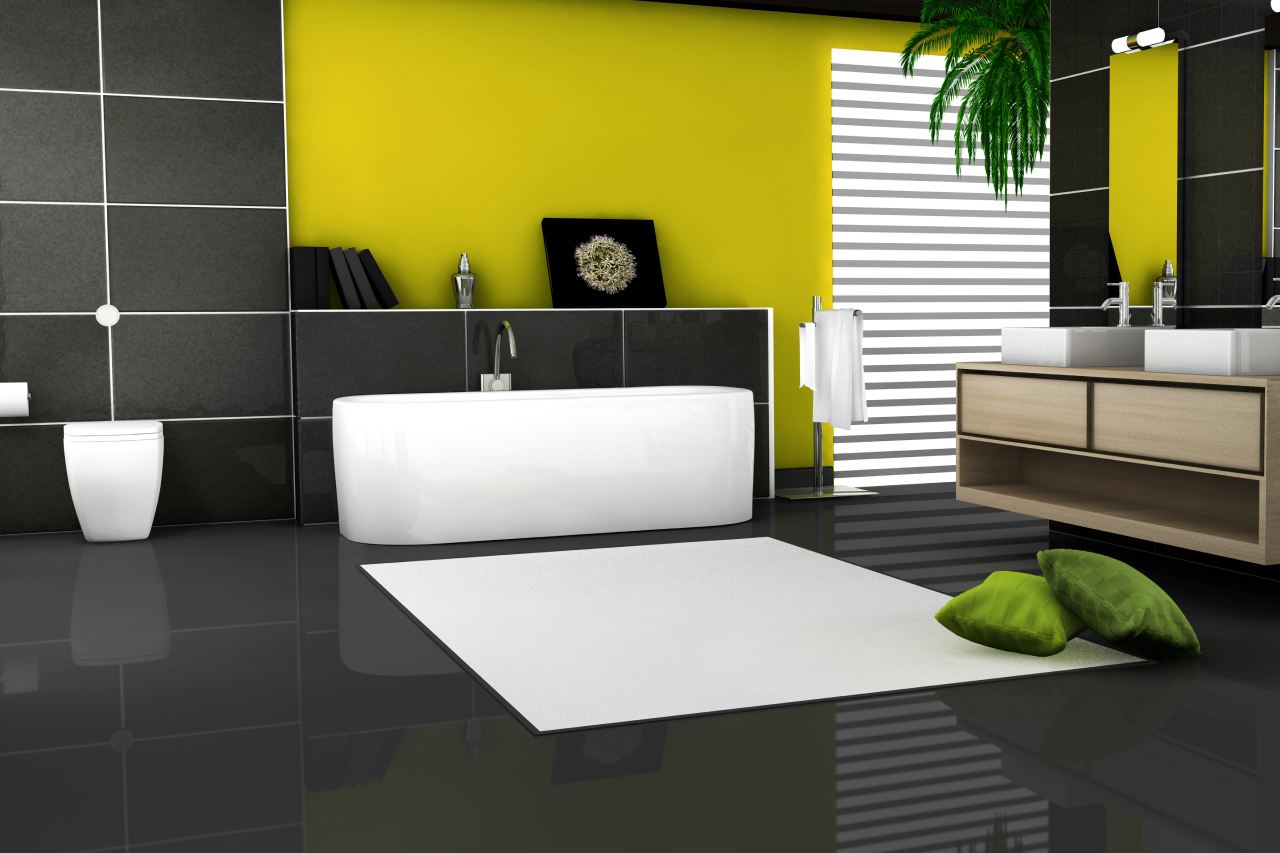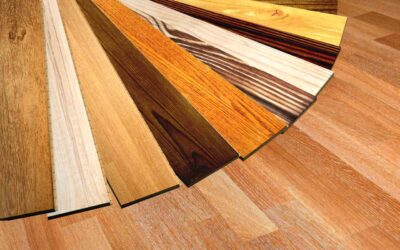Made of finer, denser clay and fired at higher temperatures than other types of tiles, porcelain tiles are tougher, more durable, and more resistant to scratches and stains. Today, porcelain tiles are one of our most popular flooring options.
These tiles are ideal for nearly every flooring application, offering numerous design and pattern options for both residential and commercial flooring.
The Many Benefits Of Porcelain Flooring
- Porcelain tile flooring can be lovely in many rooms, but it is in the kitchen that it is really put to the test. Its density keeps liquid on the surface so it won’t stain, and it resists scratches.
- Despite what we know about the fragility of porcelain, it is a practical choice for your floors, as well as being cost-effective. A porcelain floor is easy to clean and it’s hygienic. It is also more chip-resistant than ceramic floor due to the higher density.
- A special plus of porcelain flooring is that it can mimic other beautiful options. Wood, glass, metal, marble, slate and granite all can be visually recreated with porcelain at a lower cost, which will keep you within your budget.
- There are a wide variety of porcelain floorings available. It comes in many colors, sizes, patterns and finishes. Out of all of the visual options, a porcelain floor can probably be close or just the exact same as you wanted your floor to be.
- Porcelain floor is great if you own pets.
Porcelain Flooring Installation
Laying porcelain flooring is really a job for the professional. It is not for a do-it-yourselfer. It’s heavy and awkward, and wrong handling may cause breakage before installation or even after installation. The professional worker will make the surface smooth, flat and packed. He will lay the tiles down, leaving a small, even space between the tiles for the grout. Once each tile is where it ought to be, it is leveled and the spaces are filled with grout. He then will likely apply sealant. It takes a great deal of practice to get those grout lines even.
Arranging the porcelain tiles also takes a professional. By laying the tiles down, he can see how different patterns will look and can then decide where the best place to begin laying the tiles will be.
Porcelain Flooring Maintenance
Read the literature that you get with your porcelain flooring. It will give you the manufacturer’s maintenance recommendations. And make sure that you follow these instructions to the tee.
With regards to unglazed porcelain tiles, resealing remains a part of the job. It helps in keeping things beautiful and free of detrimental liquids that may get through and damage your porcelain floor.
The same goes for grout. It too needs protection occasionally.
The rest of the time, you just need your broom and mop for when it’s necessary and that’s it. No fancy wax or other products, and especially NO abrasives.
Try hard not to drop heavy items on the porcelain floor. It can lead to cracking, which would be very upsetting.




0 Comments